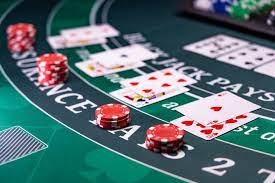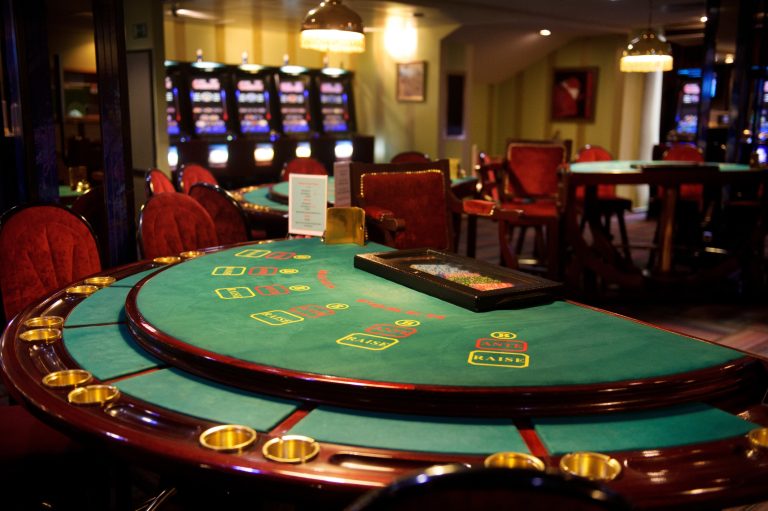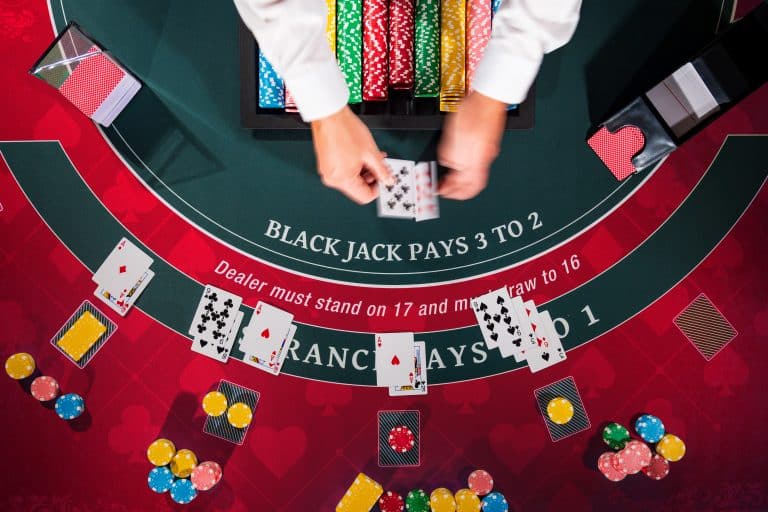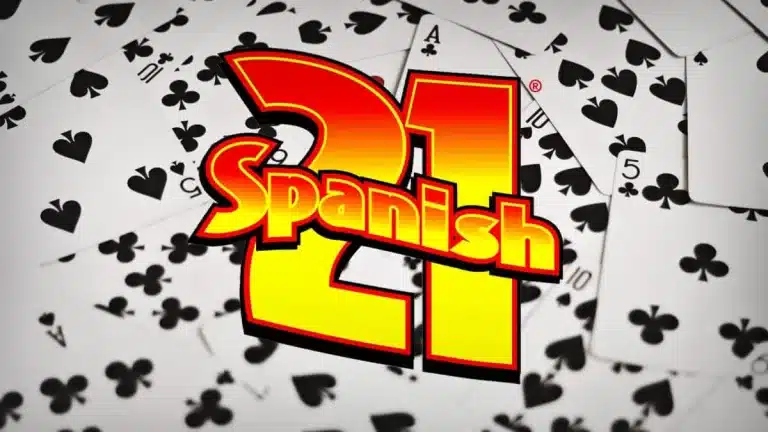
The insurance bet on blackjack may appear attractive, but those seeking to improve their gameplay or reduce the house advantage should avoid it. The dealer’s insurance does not cover your original hand. This is an additional bet which pays out 2 to 1. It runs independently of your main bet and can therefore is a high-risk wager.
What Is Insurance in Blackjack?
You can add blackjack insurance as an optional side bet during any game of blackjack. When the dealer shows an Ace card, opt in by placing half your original bet as insurance premiums.
Some blackjack players believe that purchasing insurance is an ideal way to lessen swings and reduce house advantage in blackjack. Insurance should only be taken out when necessary and under special circumstances only.
Insurance bets do not depend on your hand. Therefore, if the dealer gets blackjack and you take out insurance on it, you will lose all your bets at once. Additionally, the odds against the dealer getting blackjack depend on the number of decks used and number of tens already dealt. These odds are typically lower than standard ones, so most insurance bets end up losing money over time.
How does insurance work in blackjack?
When the dealer shows an Ace as their up card, players may make an insurance bet with half their original wager – should they achieve blackjack they will win at 2:1 odds!
Casinos boast a significant house edge on this bet due to reduced payout odds for insurance bets (i.e. when the dealer holds a blackjack or more specifically ten) than they should; this difference becomes increasingly significant over time and contributes directly to their house edge calculation.
Some blackjack players opt to purchase blackjack insurance despite its higher house edge, reasoning that if the dealer holds a blackjack it will be harder for them to beat 20-card hands and taking out insurance can protect your original bet while increasing the likelihood of victory.
However, this argument is flawed. Players should eschew purchasing insurance when the dealer holds up an Ace in favor of employing basic strategies and card-counting techniques to increase profits and boost earnings.
Should I take insurance?
You are probably asking yourself, should I take an insurance side bet when I play blackjack? The answer lay behind your willingness to risk and manage your bankroll. However, see some general tips on when to take or not take insurance.
Why You Should Never Take Insurance in Blackjack
This article provides insight into why insurance costs so much and its limitations in protecting finances.
As soon as a dealer shows their face-up card A, an optional side bet paying two-to-one should they achieve blackjack can be placed at any table – be it online or offline and including games with live dealers. Although insurance bets don’t belong to the basic blackjack strategy, many casinos provide them as an add-on option.
Insurance bets may appeal to novice blackjack players or those wanting to test out their strategy, as an insurance bet can help level out odds against your hand and reduce casino edge. But before placing such bets it’s essential that they first become adept at mastering basic strategy techniques and gain as much knowledge about blackjack as quickly as possible.
Insurance bets are among the more popular blackjack strategies, but should only be made when necessary as its higher house edge could quickly deplete funds if not handled carefully.
Keep costs for insurance down by following these simple steps. Overspending on it will only lead to more losses; only purchase insurance when mathematically justifiable as part of an optimal strategy; otherwise it could become an extremely poor investment decision.
When to Use Insurance in Blackjack
Many experienced players choose not to place this wager, instead focusing on their own hand and strategy. They increase their chances of long-term success and prevent being fooled by the casinos’ “bait-and-switch” strategies.
This bet will only pay out in rare situations. The odds of winning this bet are reduced by 10% even if the dealer has an ace up.
It is possible that the dealer will also have a 10, which means the player will be paying less on the insurance bet if their hand totals more than the dealer. It is the same if one of the players has Blackjack and both have Aces. The house edge for this bet can range from 4 to 8 percent (or up to 14 percent if there are a lot of Tens).
It is important that you avoid betting insurance when you are playing real money.
Online resources are available to help you understand the rules of blackjack. For those who want to have it visually explained, take a look at this video on when to buy insurance in blackjack.
Insurance bet – example of the possible outcome
When a player places an initial bet of EUR100 and makes an insurance wager, one of the following three things can happen:
| Options | Dealer has a Blackjack? | Insurance bet won? | Did the player win? | Profit/ loss? |
|---|---|---|---|---|
| 1 | yes | EUR 100 win | no EUR 100 loss | EUR 0 |
| 2 | no | EUR 50 loss | yes EUR 100 win | EUR 50 |
| 3 | no | EUR 50 loss | no EUR 100 loss | EUR -150 |
Conclusion
Insurance can be profitable under certain conditions. It is often recommended to players who have a good understanding of the card count and can identify if there are many 10s in a given deck. It won’t work in the majority of cases. Blackjack insurance is also not recommended due to other reasons. Its effect on the overall game strategy is first and foremost. Most experienced players will prefer to focus solely on their hands using basic strategy. Insurance can divert attention from that. It is also cost-effective since the chances of you winning are slimmer. It is a common misconception that insurance protects you from blackjack by the dealer. This simply is not true. Insurance bets, which are side bets that only pay when the dealer hits 21, do not increase your odds of winning.






